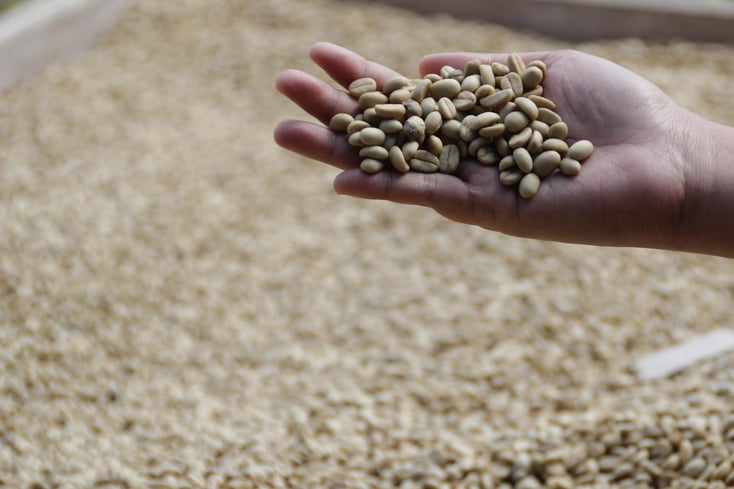
A few days ago, on March 30th, the organization Fairtrade International made a big announcement. They will be raising the minimum price for FT certified coffees for the first time since 2011.
The momentum behind raising their minimum price is rising costs of production and runaway inflationary pressures. This decision was made after conducting a cost of production analysis in 2022 and receiving feedback from more than 540 participants from 40 countries through a consultation process.
But what does it mean, and what will change? Keep reading to get a bigger picture of the impact of this new price!
________________________________________________
Understanding the current new price structure
First, let’s keep in mind that in this article, we will focus only on Washed Arabica coffees, although the price for Arabica Naturals and Robustas will also change.
Currently, the minimum price is $1.40, and if you add the Fairtrade premium of $.20, you get a total of $1.60. If the coffee is Organic, you get the same price plus the Organic premium of $.30, resulting in a total of $1.90.
Now, the minimum price will increase by 28.5%, reaching $1.80; once the Fairtrade premium of $.20 is added, the total will be $2.00; and if the coffee is Organic, $.40 will be added as this premium is also increasing, resulting in a total of $2.40. This price will be applied to coffee contracts issued from August 1st of, 2023 onwards.
The new price structure will retain the hybrid nature of Fairtrade contracts, so how will prices be set? Well, there are two pricing structures:
- The minimum price applies if the C Market is $1.80 or lower.
- If the C Market is higher than $1.80, the contract becomes an “open price” to be fixed, and that’s when differentials or premiums are applied (+$.20 +$.40) on top of the prevailing country or quality differentials.

How will the new price impact the coffee community?
The main reason why Fairtrade is updating and increasing the current prices of certified coffee is to cover the rising cost of production faced by coffee farmers due to factors such as energy, fertilizers, and labor. With the new minimum price, Fairtrade aims to support producers and ensure they can cover their production costs.
Fairtrade has certified nearly 900,000 coffee farmers in over 650 producer organizations across 31 countries. The updated pricing structure gives producers room to navigate production costs while also presenting an opportunity for roasters to support producers in covering these costs.
Based on our preliminary experience, we expect to see prices begin to adjust before August, as producers are likely to align their prices to reflect the new minimum price direction. We will see this more profoundly in origins like Peru, where the new harvest is about to start.
On the other hand, the effect on Central America will be minimal this year, as the harvest is almost finished, and coffee is already stored and mostly sold. In Colombia’s case, there’s still some uncertainty, and we are unsure how this will impact the country's internal prices. But this is just our observation, and we hope to hear from our partners in the South American country soon!
________________________________________________
With the new minimum price set to take effect in August 2023, the industry will be watching closely to see how these changes impact coffee production and availability. We also look forward to hearing what other players in the industry think about these new prices and learning from our origin partners on how this will impact coffee communities.
Disclaimer: This blog post is based on the news released about the increase of the Fairtrade minimum price and first-hand staff observations. We will continue to follow this dynamic closely and provide updates when relevant.



.png)
